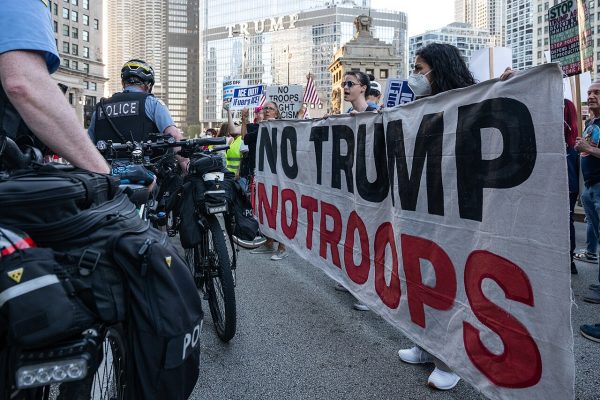The Summer That Wasn’t
“It wasn’t a summer any of us expected, but it was an important one… one where we all learned a little something about the global community and ourselves.”
It was going to be a great summer…
It was going to be full of fun with family and friends, with traveling and discovery, with memories that last forever…
Instead, it was the summer of social distancing, of watching the news, of deaths and memories that lasted too long.
A Nation Overheated
While few people went to the beaches, many went to the streets, protesting a terrible injustice which is a reality of modern America: police brutality.
On May 25, students didn’t count down the seconds till summer vacation; they counted the seconds that a black man was suffocated by a white police officer.
George Floyd, an African American male, died at the hands of the police, from suffocation caused by an officer kneeling on his neck. Derek Chauvin, a white police officer with 19 years on the Minneapolis police force, suffocated Floyd for eight minutes and 15 seconds while Floyd cried out that he couldn’t breathe.
The incident sparked worldwide protests against police brutality.
As spring turned into summer, protestors called for the removal of statues honouring the Confederacy, associated with a legacy of slavery and racism, and statues of Columbus, associated with genocide of Native Americans. In some cases, the protestors tore down the statues themselves.
No one watched High School Musical Two with friends, they watched the news, keeping up-to -date with the Coronavirus, with the presidential election and with the nationwide protests.
We watched as peaceful protestors in Lafayette Park across from the White House were tear gassed so that the president could walk to St. John’s Episcopal Church for a photo-op holding a bible.
We didn’t get to watch sports much this summer.
The NBA went on hiatus in March, then opened back up at the end of July with 22 teams playing in a “bubble” in Orlando, hoping to limit the chances of exposure to the virus. At publication they are playing Conference Finals.
The MLB also started their season in late July, four months later than scheduled. The season is limited to 60 games, and no fans are in attendance. The playoffs will be begin on Sept. 29 and will also be held in a “bubble” to reduce the chances of a COVID outbreak.
The NFL cancelled pre-season games, and the regular season began Sept. 10. The league implemented regular testing and put an end to in-person team meetings. Some players have opted out of the season, and stadiums have varying restrictions on whether fans will be in attendance. The Browns, for example, will be at approximately 10% capacity, with seating for season ticket holders only.
Sports franchises have also faced political controversies this summer. Teams including the Cleveland Indians are considering changing their names and logos in the face of criticism that they are offensive to Native Americans.
The pandemic affected travel as well, with many countries closing borders in order to decrease the spread of the virus.
China, Costa Rica, Bahamas, Australia, New Zealand, South Africa, Morocco, Brazil, Panama and many European countries, such as Italy and France have closed borders with the U.S., according to Business Insider.
Canada recently extended its border closure with the U.S. for non-essential travel until Oct. 21. The closure has prevented Americans from visiting one of their most commonly-visited foreign destinations.
These restrictions obviously impact many families who immigrated to the U.S., as well as international college students.
In July, ICE released a statement that international students enrolled at a U.S. university while only taking online classes would not be given a Visa. After facing backlash from many universities, including a lawsuit from Harvard, that policy was reversed.
Many states have also implemented travel restrictions. Ohio is advising a 14-day quarantine for travelers returning from states reporting COVID rates of 15% or higher.
Our Community Quarantined
Instead of traveling anywhere, many just walked around in Beachwood, trying to break out of the feeling of being stuck. Countless trips were canceled due to the pandemic.
“We were going to go out west at the beginning of June [but we had to cancel our vacation],” wrote junior Alexia Roush.
“I’m going on a lot more walks than I normally would,” junior Miranda Desatnik wrote.
Students have not been able to spend time with friends like they could pre-Covid.
“I am unable to socialize with my friends in the same way,” junior Claire Weaver wrote.
Many Beachwood students have taken to using Zoom to host parties with friends. According to the New York Times, this is a nationwide trend.
Rather than going to Mitchell’s with friends to beat the heat, we stayed at home trying to beat the virus.
The Beachwood location of Mitchell’s closed down temporarily for cleaning in late July after an employee tested positive for Covid 19.
This summer was one unlike any others. It didn’t quite feel like vacation, more like living inside a history book about Coronavirus. The days passed by, and it felt as if everything was stuck in one place.
It wasn’t a summer of traveling the globe or attending camp. Instead, it was the summer of sacrifices and of heroes: the front-line workers, those who protested inequality, those who stayed at home or wore our masks out in public, and those who gave up carefully thought-out travel plans.
It wasn’t a summer any of us expected, but it was an important one… one where we all learned a little something about the global community and ourselves.
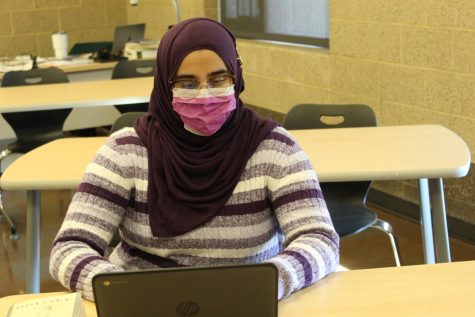
Hiba Z. Ali began writing for the Beachcomber in fall of 2019. She covers diversity in the school. In addition to writing for the Beachcomber, she also...
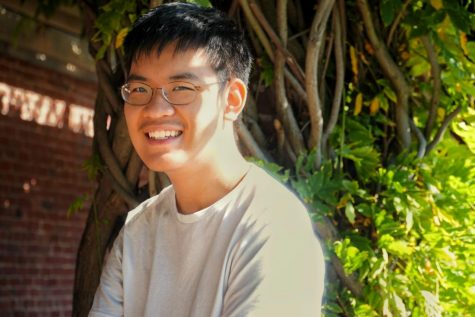
Yang began illustrating for the Beachcomber in the fall of 2019. In addition to this, he participates in the school's Academic Challenge and Science Olympiad...



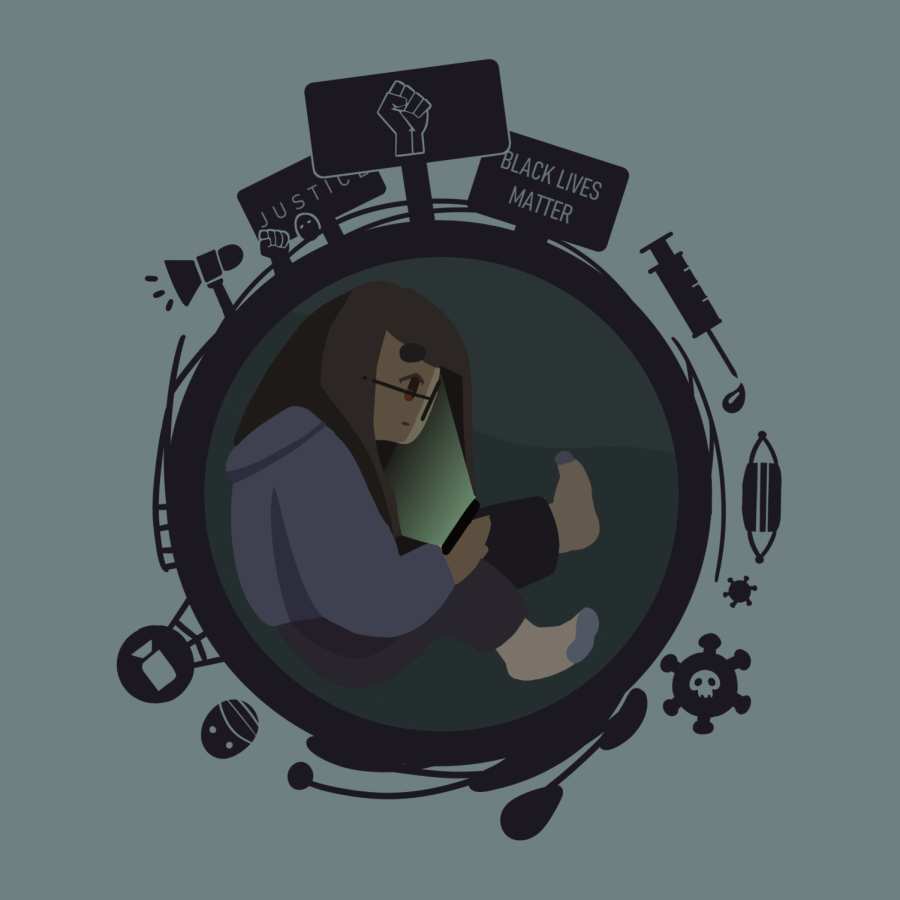
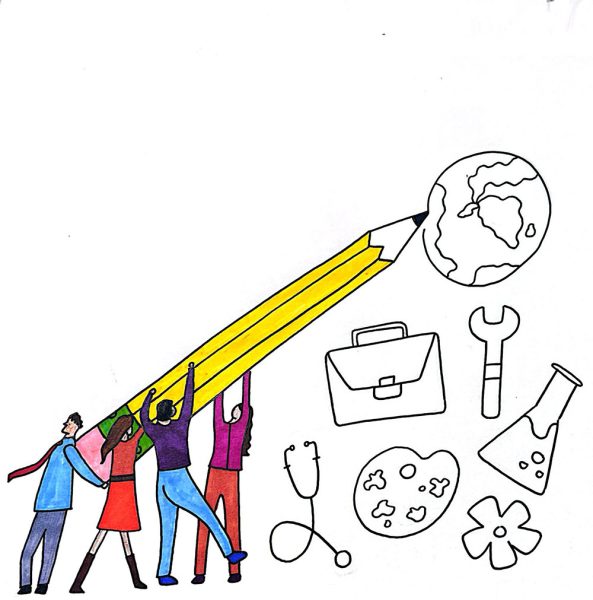
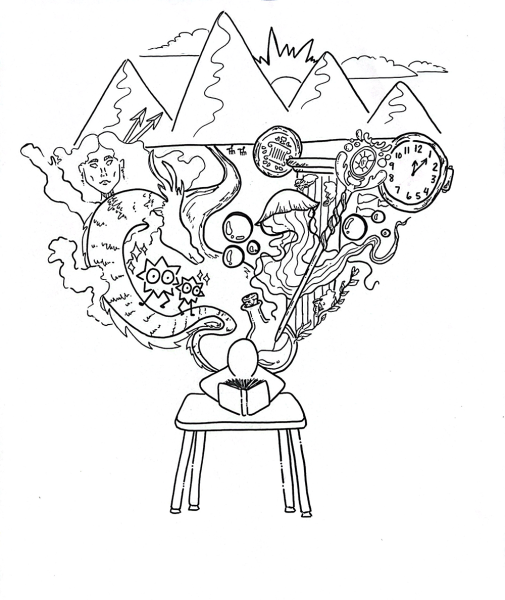
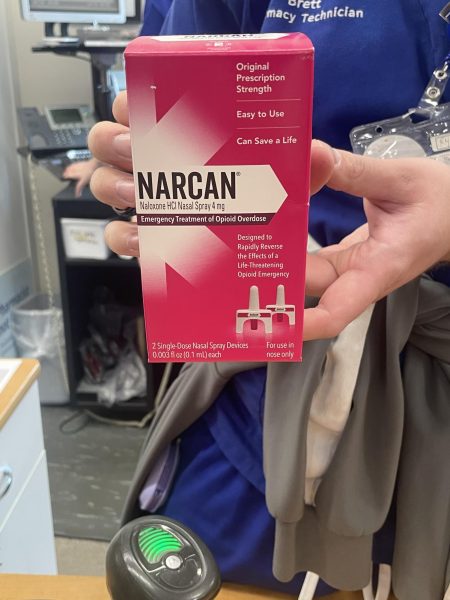
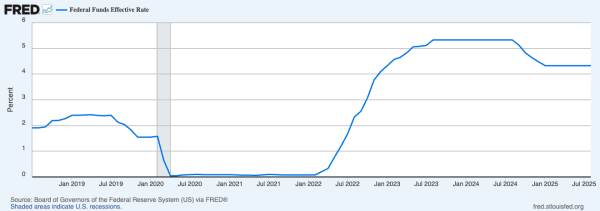

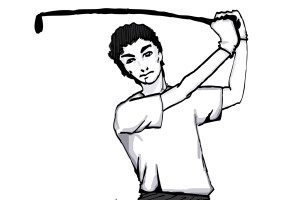
![“My parents have always said that education is important. My parents are Chinese immigrants, I'm Chinese American, [and that's a] value that has always been ingrained in our community,” said Senior Lyndia Zheng, pictured with Tony Zheng](https://bcomber.org/wp-content/uploads/2025/10/DSC_4244-600x400.jpg)

